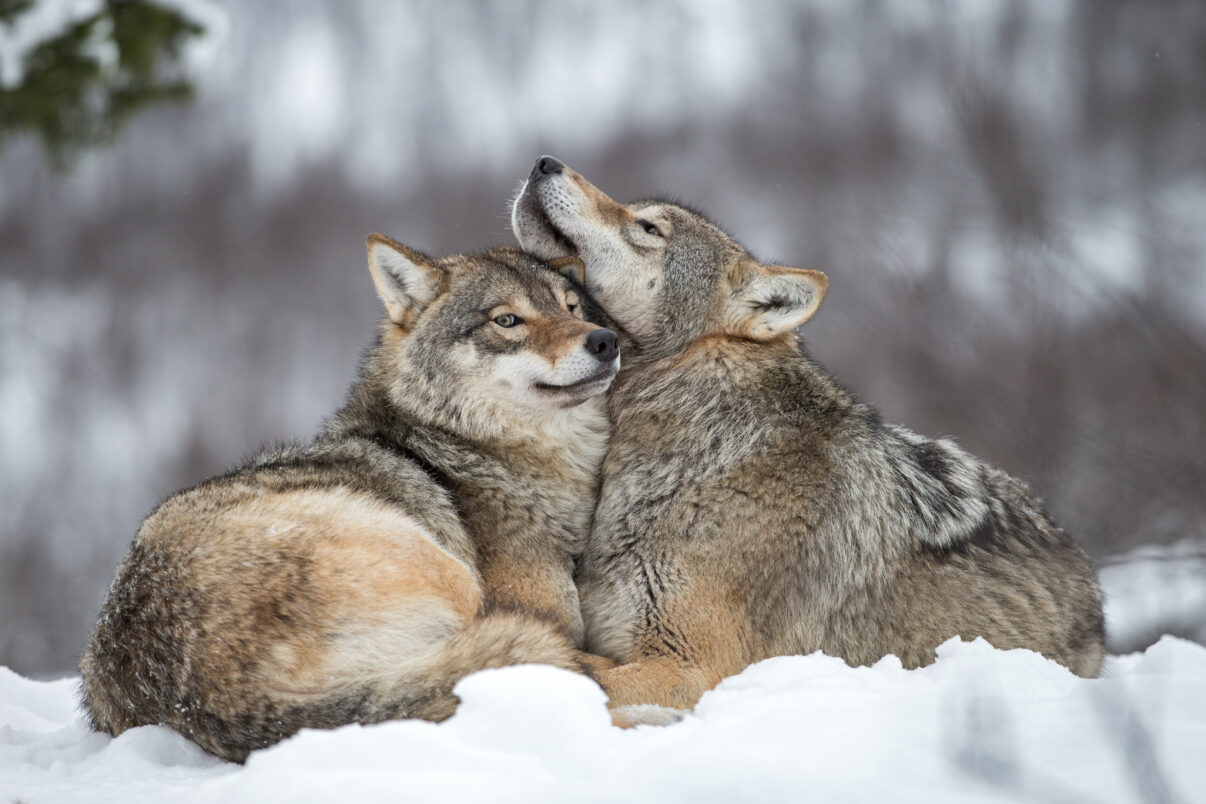We, as European youth, are speechless in front of this blatant disregard for science and disinterest in promoting wildlife coexistence, for which modern science has extensively proven non-lethal measures are more effective.
This is a joint statement from the major youth organizations that work on biodiversity at the European level, the Youth & Environment Europe network, the Global Youth Biodiversity Network Europe and its national chapters, Generation Climate Europe and the European Young Rewilders network.

This week, the EU governments have decided to turn their back on their own commitments to biodiversity. Supporting the unjustified downgrading of the protection status of wolves just two years after signing the Kunming-Montreal Global Biodiversity Framework and months after passing the Nature Restoration Law is not just a letdown and a loss of global credibility, it is a disaster for wildlife and the future we, as young people, are fighting for.
We, as European youth, are speechless in front of this blatant disregard for science and disinterest in promoting wildlife coexistence, for which modern science has extensively proven non-lethal measures are more effective. This move shows that the EU and the Member States governments are ignoring the overwhelming voices of their citizens and scientists, crumbling under political pressure, sacrificing democratic values, European nature and long-term environmental goals.
Wolves are still in unfavorable conservation status in six out of seven EU regions, and they face constant threats from habitat destruction, persecution, and poaching – fuelled by the same misinformation and fearmongering that the EU Ministers have given in to. This decision is a massive failure of the EU’s responsibilities under the Biodiversity Strategy for 2030. It sets a dangerous precedent that could lead to more rollbacks on wildlife protection—not just for wolves but countless other species.
It’s a message that political convenience comes before species survival, and thus the survival of our planet. How can we expect other countries with far more challenging situations to conserve their wildlife like elephants, lions, and tigers when the richest countries cannot coexist with one predator despite having the financial means to reduce conflict?
We demand that the national governments of the European Union and the signatories to the Bern Convention act according to science and civilized approaches to wildlife conservation, and vote against moving the wolf from a strictly protected status of the Bern Convention at its upcoming 44th Standing Committee, in December 2024.